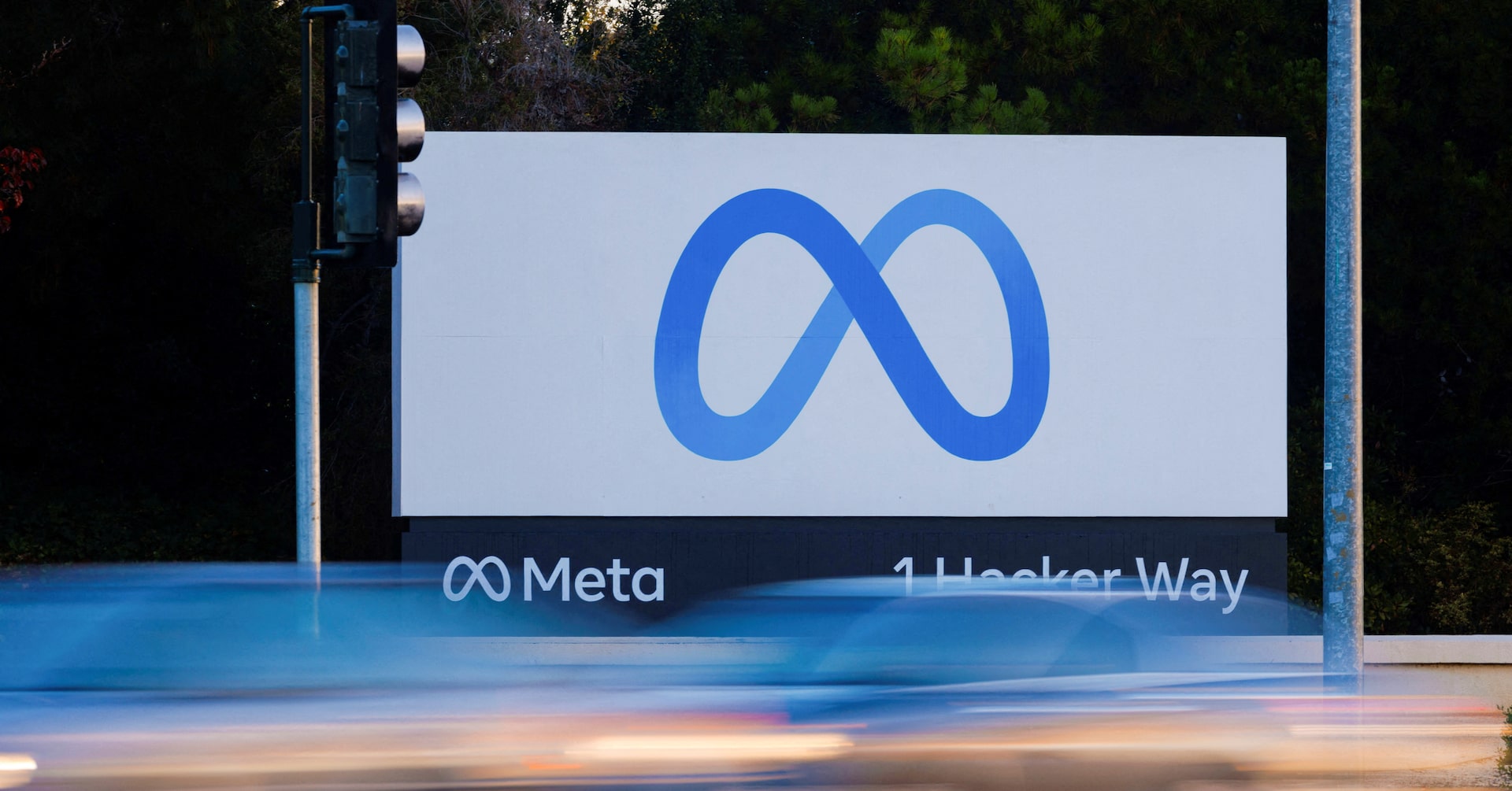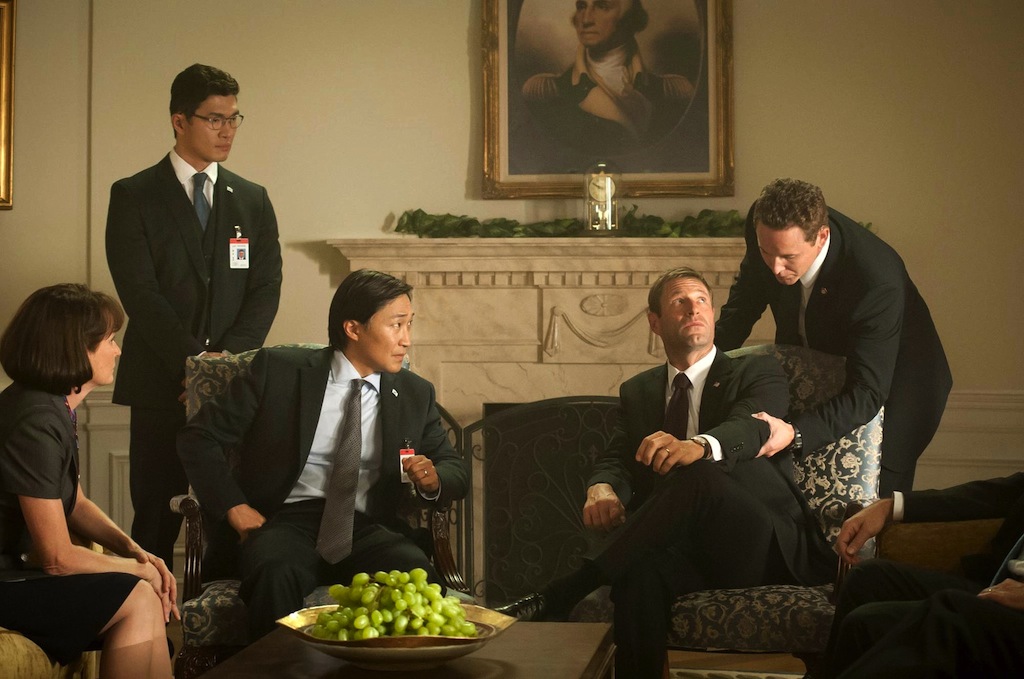The FTC's Antitrust Claims Against Meta: Analyzing The WhatsApp And Instagram Acquisitions

Table of Contents
Background: Meta, formerly known as Facebook, dominates the social media world. WhatsApp, with its billions of users worldwide, is the leading messaging app. Instagram, another Meta subsidiary, is a global powerhouse in photo and video sharing. The FTC alleges that Meta's acquisitions of these platforms stifled competition, creating a monopolistic environment.
This article aims to analyze the FTC's antitrust claims concerning the WhatsApp and Instagram acquisitions, focusing on the legal arguments and potential repercussions for Meta, the tech industry, and consumers.
The FTC's Case Against Meta: Key Arguments
The FTC's central argument is that Meta's acquisitions of WhatsApp in 2014 and Instagram in 2012 were anti-competitive moves designed to eliminate potential rivals and consolidate Meta's dominance in the social media and messaging markets. They contend that these acquisitions violated antitrust laws, specifically the Clayton Act and the Sherman Act.
- Suppression of Competition: The FTC argues that by acquiring these burgeoning competitors, Meta prevented them from growing and challenging its market leadership.
- Monopolistic Practices: The acquisitions, according to the FTC, allowed Meta to create a near-monopoly, limiting consumer choice and innovation.
- Harmful Effects on Consumers: The lack of competition, the FTC claims, has led to reduced choice for consumers, potentially higher prices (through data monetization), and less innovation in social media and messaging platforms.
- Violation of Antitrust Laws: The FTC alleges that these acquisitions violate both the Clayton Act, which prohibits mergers and acquisitions that substantially lessen competition, and the Sherman Act, which prohibits monopolization and attempts to monopolize.
The FTC's case relies on internal Meta documents, extensive market share data demonstrating Meta's dominant position, and expert testimony detailing the anti-competitive effects of the acquisitions.
Meta's Defense Strategies
Meta vigorously defends its acquisitions, arguing that they benefited users and fostered, rather than stifled, competition. Their defense strategy incorporates several key elements:
- Integration Benefits: Meta claims that integrating WhatsApp and Instagram into its ecosystem enhanced user experience by improving interoperability and functionality across its platforms.
- Market Definition Challenges: Meta disputes the FTC's definition of the relevant market, arguing that the market is far broader than the FTC suggests, including numerous competitors.
- Competition-Boosting Claims: Meta contends that the acquisitions actually increased competition by introducing innovations and features that benefited users and spurred competition in related markets.
- Supporting Evidence: Meta presents its own data and expert testimony to counter the FTC's claims, arguing that the acquisitions were pro-competitive and beneficial to consumers.
Analyzing the WhatsApp Acquisition
The $19 billion acquisition of WhatsApp in 2014 was a significant event. The integration of WhatsApp's messaging service with Facebook's social network raised concerns about data sharing and potential anti-competitive practices. Critics argue that this integration allowed Meta to leverage WhatsApp's massive user base to strengthen its dominance, potentially reducing competition from other messaging apps. However, Meta counters that this integration enhanced user experience by allowing seamless communication across platforms. The central point of contention remains whether this integration ultimately harmed competition.
Analyzing the Instagram Acquisition
Meta's acquisition of Instagram in 2012, for a reported $1 billion, followed a similar pattern. Instagram, a rapidly growing photo-sharing platform, posed a potential threat to Facebook's dominance. Integrating Instagram into the Meta ecosystem raised similar concerns about stifling competition, particularly in the photo and video-sharing market. Meta's defense mirrors their WhatsApp argument: the integration improved user experience and fostered innovation rather than hindering competition. The key question remains whether this integration prevented the emergence of alternative photo and video platforms.
Potential Outcomes and Implications
The potential outcomes of the FTC's lawsuit are significant. Possible remedies include:
- Divestiture: The FTC could force Meta to divest itself of either WhatsApp or Instagram, effectively breaking up the company and restoring competition.
- Fines: Substantial financial penalties could be levied against Meta.
- Behavioral Remedies: The court could impose restrictions on Meta's future business practices, limiting its ability to acquire other companies.
The outcome will significantly impact Meta's future acquisition strategy and its overall business model. Furthermore, the case sets a precedent for antitrust enforcement in the tech industry, influencing how future mergers and acquisitions in the digital space are reviewed and regulated. The implications reach far beyond Meta, shaping the landscape of antitrust law and the future of big tech.
The FTC's Antitrust Claims Against Meta: A Verdict Awaits
The FTC's antitrust lawsuit against Meta regarding the WhatsApp and Instagram acquisitions presents a complex legal battle with significant implications for the future of social media and antitrust enforcement. Both sides have presented compelling arguments, leaving the final verdict uncertain. The potential outcomes – divestiture, fines, or behavioral remedies – will significantly influence the future of Meta and the broader tech industry. Stay informed about this ongoing legal battle and the implications of the FTC Meta case, the Meta antitrust lawsuit, and the impact on the WhatsApp and Instagram acquisitions. You can find more information through reliable news sources and legal analysis websites to remain updated on this crucial case.

Featured Posts
-
 Inter Miamis 1 0 Win Over Crew Sets Attendance Record In Cleveland
May 13, 2025
Inter Miamis 1 0 Win Over Crew Sets Attendance Record In Cleveland
May 13, 2025 -
 Senior Activities Calendar Trips And Events For Seniors
May 13, 2025
Senior Activities Calendar Trips And Events For Seniors
May 13, 2025 -
 Olympus Has Fallen A Comprehensive Review
May 13, 2025
Olympus Has Fallen A Comprehensive Review
May 13, 2025 -
 Kandidat Foer Atalanta Senaste Nyheter Och Rykten
May 13, 2025
Kandidat Foer Atalanta Senaste Nyheter Och Rykten
May 13, 2025 -
 Bar Roma Toronto Blog Tos Definitive Guide
May 13, 2025
Bar Roma Toronto Blog Tos Definitive Guide
May 13, 2025
Latest Posts
-
 Suits La Season 1 Episode 5 Analyzing The New Leading Duo
May 14, 2025
Suits La Season 1 Episode 5 Analyzing The New Leading Duo
May 14, 2025 -
 Suits La Premiere A Deep Dive Into The Betrayal
May 14, 2025
Suits La Premiere A Deep Dive Into The Betrayal
May 14, 2025 -
 Animated Ted Series Mark Wahlberg And Amanda Seyfried Confirmed
May 14, 2025
Animated Ted Series Mark Wahlberg And Amanda Seyfried Confirmed
May 14, 2025 -
 Suits La Premiere Analyzing The Unexpected Plot Development
May 14, 2025
Suits La Premiere Analyzing The Unexpected Plot Development
May 14, 2025 -
 Suits La Ghost Scene A Deeper Look At Its Symbolism
May 14, 2025
Suits La Ghost Scene A Deeper Look At Its Symbolism
May 14, 2025
